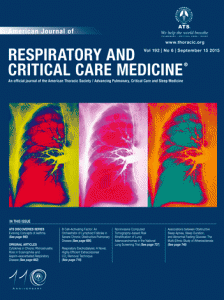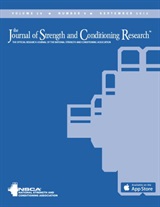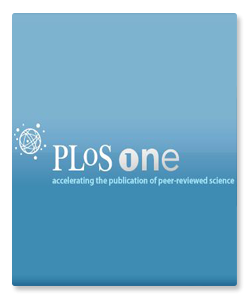
It’s not often that an article is retracted only to be later proven correct. But that may have happened this past summer in the chemistry literature.
In July, a group of researchers recapitulated an experiment largely similar to one that Nobelist Georg Wittig had performed – and subsequently retracted — decades earlier. Their findings suggest Wittig may actually have gotten it right the first time.
On July 27, Peter Chen of ETH Zurich and colleagues published an article online in the journal Angewandte Chemie International Edition that describes a new method for appending a carbon atom to an unsaturated hydrocarbon to create a three-membered ring – a useful chemical transformation known as cyclopropanation. Yet, it was not the first time researchers had reported such a process. As Chen and his colleagues note in the Israel Journal of Chemistry, Georg Wittig of the Ruprecht-Karls-Universität Heidelberg (who would go on to win the chemistry Nobel Prize in 1979) and Volker Franzen reported a similar reaction in 1960 in Angewandte Chemie, a German-language publication. Continue reading 50 years later, is it time to retract a retraction by a Nobel prize-winning author?
 A 2010 paper on plant fungus has been retracted after a comment on PubPeer revealed that a study image had been flipped over and reused to represent two different treatments.
A 2010 paper on plant fungus has been retracted after a comment on PubPeer revealed that a study image had been flipped over and reused to represent two different treatments.






